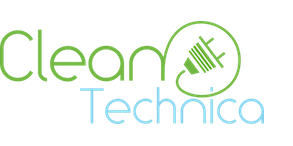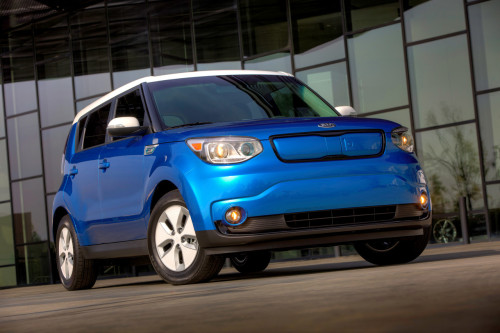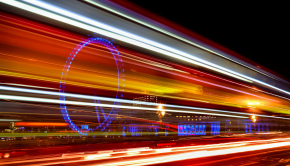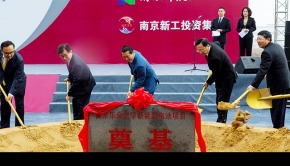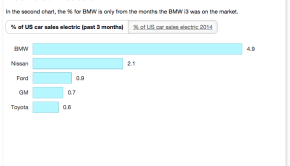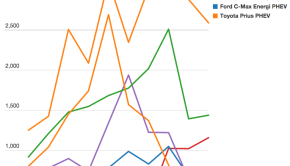Seoul, Korea Offering $18,000+ In Incentives To EV Buyers
November 13th, 2014 by James Ayre
 Those considering purchasing an EV may now want to consider moving to the capital of Korea, Seoul — owing to the city’s recent legislative moves designed to spur the growth of the EV market there.
Those considering purchasing an EV may now want to consider moving to the capital of Korea, Seoul — owing to the city’s recent legislative moves designed to spur the growth of the EV market there.
The city is now offering up to 20 million won (around $18,225 at the current exchange rate) in incentives to EV buyers there. There’s a catch, though: the full incentives are available only to those that purchase from one of four partner car manufacturers.
Those four car manufacturers are: BMW, General Motors, Kia, and Renault-Samsung.
So, there are certainly some options there, so not too bad. (Unsurprisingly, EVs from Japanese auto manufacturers like Nissan aren’t eligible.)
With the new incentives factored in, the base price of a new high-end EV, like the BMW i3, can be lowered substantially — from about 57.5 million won ($52,423) to about 37.5 million ($34,200).
I guess I might need to retract my first sentence, though, at least for Americans. After the US federal tax credit for electric vehicles, the BMW i3 costs just $33,850.
EV charging stations incentives are also in place for corporate and other organizational buyers. There’s an additional 7 million won ($6,379) in incentives available for installers of charging stations in parking lots or garages.
The reported reason for the rather high incentives on offer is as a counter to the common public disinterest in EVs in Korea. Currently there are only about 1,500 registered EVs in South Korea, out of a total of 20 million registered vehicles.
If you’re wondering why that number is so low, though, the real reason isn’t simply public apathy but also restrictive laws that could more or less be referred to as being “anti-EV.” The most prominent of these laws is the one that “bars electric cars from local highways with speed limits over 60 kilometers per hour (about 37 mph) — including almost 208 miles of highway in and around Seoul.” What?!
You’d hope rather than simply offering incentives that that law would be struck off the books…. But it remains for now.
Image Credit: Kia
Keep up to date with all the hottest cleantech news by subscribing to our (free) cleantech newsletter, or keep an eye on sector-specific news by getting our (also free) solar energy newsletter, electric vehicle newsletter, or wind energy newsletter.
-
Ronald Brakels

